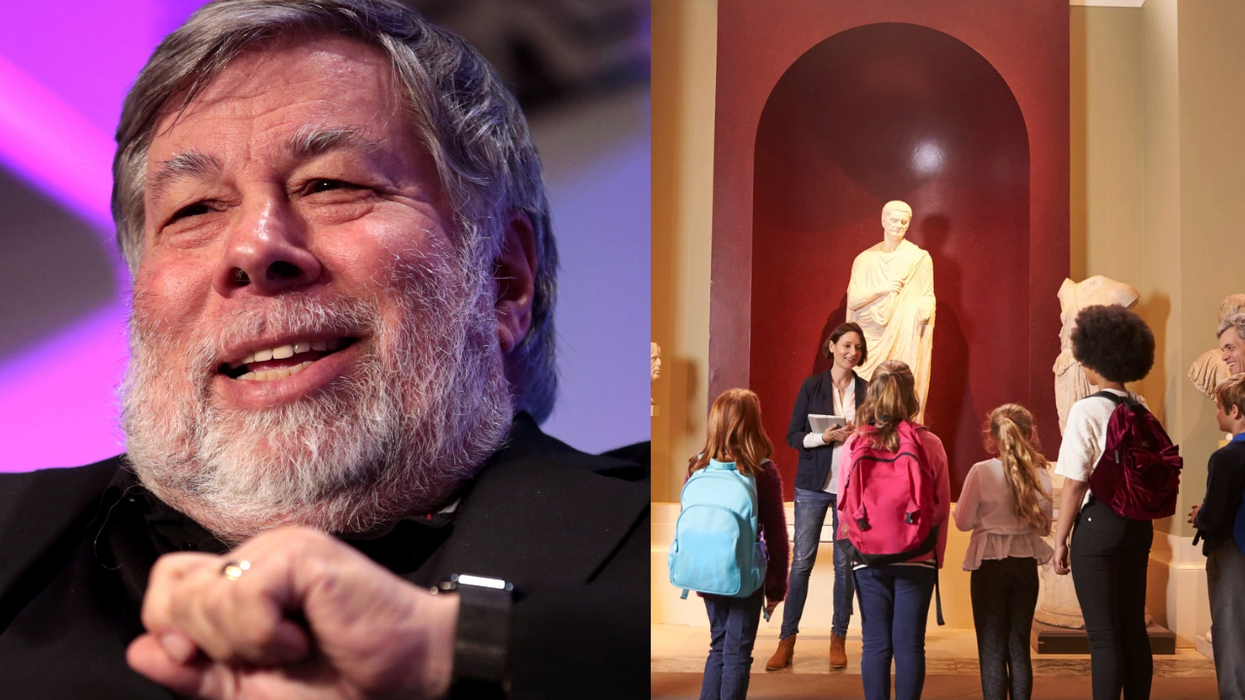Manufacturers of household goods have long appealed to buyers by speaking to the realities of daily life. For decades, those “realities” applied primarily to white, middle-class families, but a recent Procter & Gamble ad speaks to an unpleasant — and undiscussed — fact of life for families of color.
In this spot, titled “The Talk,” the conglomerate pulls back the curtain on the heartbreaking conversation many parents choose to have with their children to prepare them for the hardships of racial discrimination.
The ad runs two minutes and shows different iterations of the struggles black parents and children endure living amid racism. One mom tells her daughter that tacking the qualifier “for a black girl” onto the end of a compliment isn’t a true compliment. Another mother ensures her son has an ID in case he’s stopped by police.
It’s an uncomfortable piece that subverts the warm and fuzzy premises that belie so many conventional ads, but it is being held up as an important discussion point that’s been long ignored.
However, many feel “The Talk” to be an unnecessary appeal, pandering to minority customers by leveraging a social issue for commerce. Others, for whatever reason, seem to just not want to see this type of thing on their TVs or computers.
Disappointingly, but inevitably, some have responded to the spot as “anti-white.”
Conservative publication The National Review offered a takedown of the ad as a “kinder, gentler version of Black Lives Matter propaganda.” In doing so, it reduces the message of the ads to three takeaways:
–Little progress has been made since the days of Jim Crow.
–Racial discrimination against black Americans is inevitable.
–Police officers are the enemy.
The publication focuses on the myriad other injustices that children of other races have faced, such as “the brutal treatment Asian-American high-school students ... at the hands of bigoted black students in Philadelphia.”
In exactly the same fashion that The National Review posits that this ad perpetuates the “Black Lives Matter propaganda,” it responds to them using the familiar “all lives matter” rationale in response to the examination of the realities of growing up black.
As The Dallas Morning News reports in a favorable review of the video, the ad serves as a continuation of sorts from the firm’s “My Black Is Beautiful” campaign from 2006 that tied the notion of black beauty to cultural identity. With “The Talk,” the company has found a more direct path to the discussion of racism and identity, which seems to have found proportionately direct criticism of its efforts by right-leaning outlets quick to subdue even trace elements of black pride or suffering in 2017. The newspaper suggests this be consumed and witnessed not as an ad, but as a message.
Of course, appreciating “The Talk” as something other than an ad requires the viewer to ignore — or at least set aside — the fact that this message is coming from a company’s marketing department. To the extent one is willing to believe that they’re tackling this issue out of goodness and responsibility rather than financial pursuits depends on one’s level of cynicism in the true goals of corporate America. However, P&G has proven a willingness — the motivations of which are subject to interpretation — to tackle these issues in a delicate and thoughtful manner, leading many to forego the question of “Why?” and focus on the message free of context.
These is little chance P&G is surprised by this spectrum of responses. This ad, like any other, was likely focus-grouped and tracked to death before its public premiere. Thus, it’s possible the company wanted to speak its piece even if it didn’t help (or somehow hurt) its bottom line. It’s worth a watch, and the fact that “The Talk” comes from an unlikely source doesn’t make it any less vital.






















